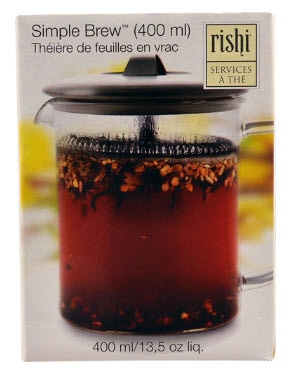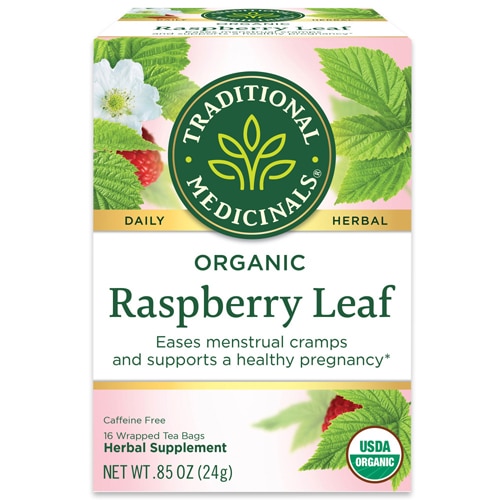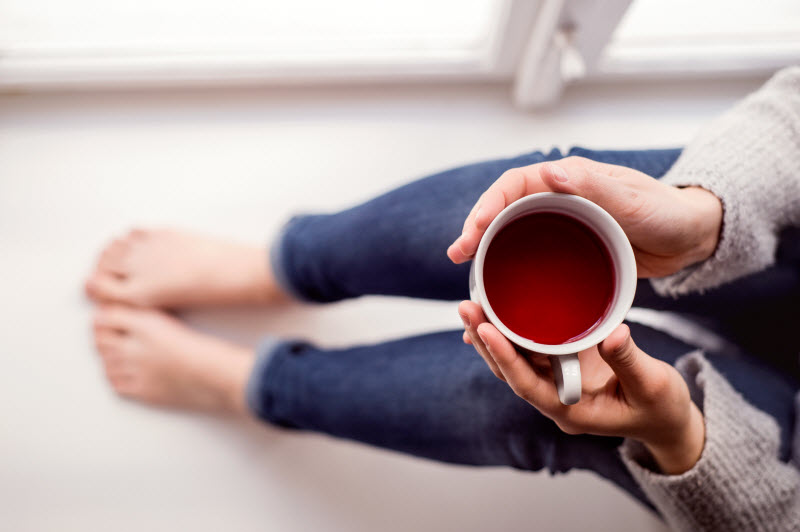Hot or iced, green or black, an estimated 159 million Americans drink tea on any given day. Many of those tea drinkers may have heard about the numerous health benefits linked to this ancient beverage, including a lower risk of heart disease, stroke and cancer. But many of those same tea drinkers might not be aware of tea’s potential to improve brain health.
A study published in June 2019 in the journal Aging suggests regular consumption of tea might bolster how our brains work as we grow older. Previously, no one had explored the effect on tea on the intricate networks of our brains.
“Our study offers the first evidence of the positive contribution of tea drinking to brain structure and suggests a protective effect on age-related decline in brain organization,” the researchers wrote.
Researchers from the National University of Singapore, University of Essex and University of Cambridge looked at the brain health of 15 tea drinkers and 21 non-tea drinkers in Singapore. Excluded from the study was anyone with a health condition such as dementia, depression or noticeably impaired hearing.
Relying on MRIs and measurements of cognitive performance, the study found that among people who’d consumed green, oolong or black tea at four times a week for about 25 years, the regions of their brains were interwoven more efficiently than the regions of the non-tea drinkers’ brains.
“Take the analogy of road traffic as an example — consider brain regions as destinations, while the connections between brain regions are roads. When a road system is better organized, the movement of vehicles and passengers is more efficient and uses less resources. Similarly, when the connections between brain regions are more structured, information processing can be performed more efficiently,” Feng Lei, an assistant professor at the National University of Singapore who led the study, says in a news release.
The study indirectly supports previous research showing tea drinkers had better cognitive function than non-tea drinkers, the professor says.
Should you start drinking tea more often?
However, before you run out and stock up on a six-month supply of tea bags, it’s worth noting that the study had limitations. For instance, only three dozen adults age 60 and above participated in the study. In addition, just six participants were men.
 The researchers plan more studies on the relationship between tea consumption and brain health.
The researchers plan more studies on the relationship between tea consumption and brain health.
“As cognitive performance and brain organization are intricately related, more research is needed to better understand how functions like memory emerge from brain circuits, and the possible interventions to better preserve cognition during the aging process,” the news release says.
Despite the study’s lack of a conclusive tie between tea consumption and brain health, other research suggests it can’t hurt to keep on pouring and sipping.
For instance, a study published in December 2016 in the Journal of Nutrition, Health & Aging found that drinking tea frequently was associated with a lower risk of dementia, according to Harvard Medical School. The study, carried out by Feng and other researchers at the National University of Singapore, involved 957 Chinese tea drinkers and non-tea drinkers.
“It did not matter what kind of tea the people drank — black, green and oolong all had the same association,” Harvard Medical School says. “The key was regular consumption, according to the scientists. The more the people drank tea, the stronger the relationship, and the best results were among those who had tea daily during the entire study period.”
Harvard Medical School notes that it’s not clear how tea might safeguard someone from dementia. However, other research points out that the potential brain-protecting effects of tea could stem from bioactive compounds in tea leaves, such as flavonoids, which have anti-inflammatory and antioxidant properties, and L-theanine, which governs neurotransmitter and brain activities.




